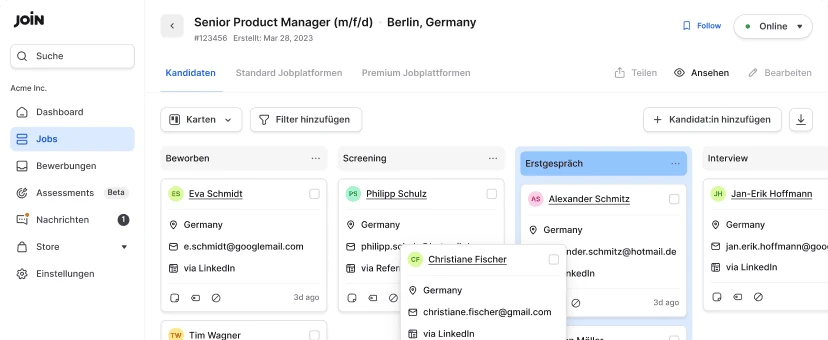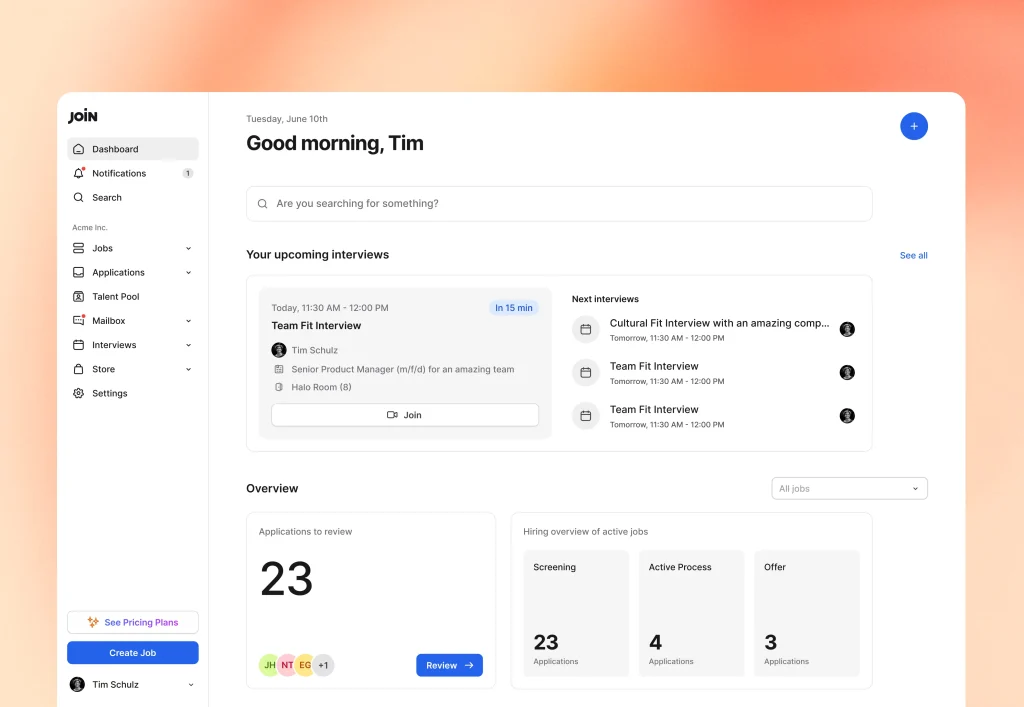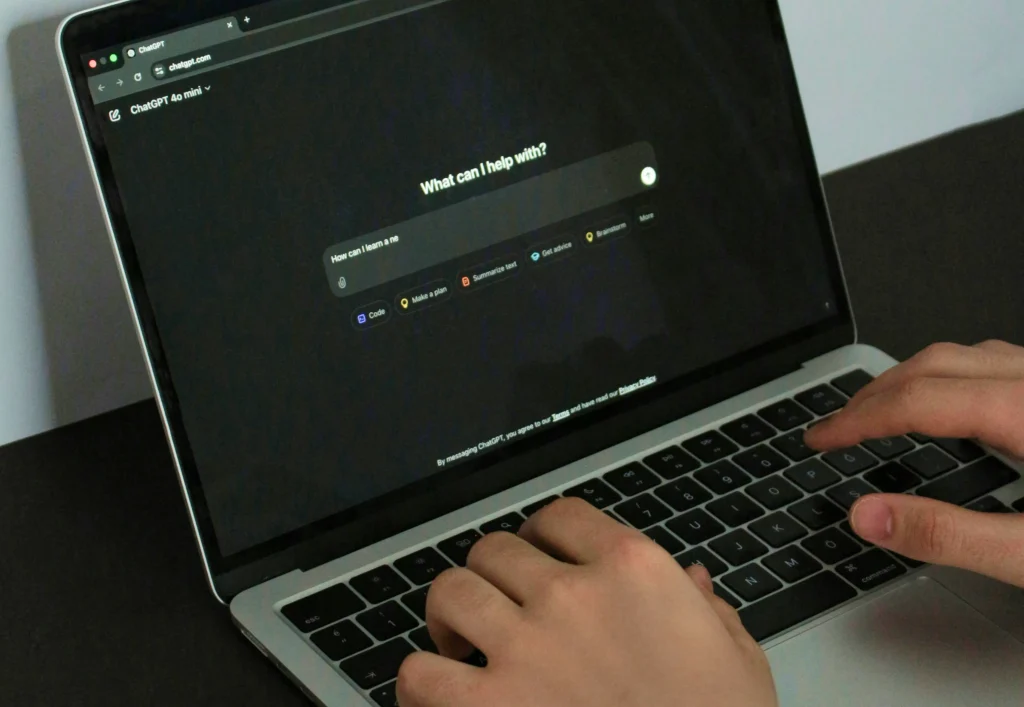Best interview questions for your hiring process
Design Engineer Interview questions
Design Engineers are highly-skilled, creative individuals with a deep understanding of how to research and design a new product. They’ll have a deep understanding of your client or customer’s needs, and use this to help propose, pitch and produce products that will make your customer’s life easier.
These are the skills a Design Engineer should have:
• Strong research ability.
• Skilled with computer-aided design software.
• Excellent communication skills.
• Ability to manage a project from start to finish.
• Attention to detail.
Interviewing a Design Engineer
A Design Engineer will be responsible for answering a customer’s needs and bringing them the products they want. Along with this, their designs will directly impact what the rest of your team will be working on.
So, hiring a great candidate is essential! There’s no better way to ensure you’re doing this, than nailing the interview process. To help you achieve this, we’ve put together a Design Engineer interview guide.
These interview questions should be used at the beginning of the interview process, so they may be a little more general. Once you’ve decided whether to move on to the next stage with a potential hire, the questions will need to be a bit more specific to your business.
How to open the job interview
Whether your candidate has been in the business for five years or fifteen years, they probably still get nervous during an interview. However, too many nervous jitters can impact their performance and make your hiring decision harder.
Therefore, it is a good idea to ask a few upbeat opening questions to help calm the candidate and make sure you’re getting an accurate depiction of the candidate’s skills and personality.
Best interview questions for your hiring process
See our Design Engineer job description hereFor the interview
A positive opener to start
How did you come to start off your Design Engineering career?
What is a project you’re proud to have worked on?
Behavioral Questions
What type of working environment do you believe you produce your best work in?
Can you give an example of a well-designed product or project that inspires you?
A great candidate will be well-researched and able to take inspiration from other products. Here, they should be able to mention a product that has interested or inspired them, name why and mention how they have learnt from this.
How do you stay up-to-date with new changes and trends in your industry?
As innovators of new products, it is crucial that your Design Engineer is up-to-date on every trend and change in your industry. They should be able to mention blogs, websites and literature they consume and industry events or conventions they attend.
When working on designing a product, how would you resolve a disagreement between two internal stakeholders?
Many people will want to have input on a new product during the design stage. Knowing your candidate can take their colleagues’ thoughts and comments into consideration while using their expert knowledge to guide the process and come to a quick conclusion is important.
Soft Skills
How do you help to ensure your team are on track to complete a project by its deadline?
Design Engineers will have an excellent overview of a project’s timeline and creation process, therefore they should be able to offer advice or assistance to help reach deadlines. This could be by simplifying or explaining any problem areas.
When preparing design proposals to present to stakeholders with less technical knowledge than you, how do you ensure that they will understand your plans?
Communication is key here. Simplifying any technical terms, providing diagrams and opening the opportunity to ask questions will help keep stakeholders on the right track.
If a client or stakeholder made a suggestion to your design plan that you didn’t agree with, what would your next steps be?
Listening to your team and having the people skills to be open to suggestions is important, but if a suggestion will have a negative impact on the product, then your candidate should feel comfortable saying no. However, they should be able to provide reasoning for their answer to the stakeholder, rather than just shooting a suggestion down.
If you noticed a problem in your own design when a project had already begun, what would you do?
Your candidate should mention taking action as soon as possible to help minimise any damage or disruption. This could mean temporarily pausing a project and resolving the issue, or working on different areas of the project while a workaround is being found. The candidate should also be confident in asking for help from relevant parties.
Hard Skills
What design systems are you most comfortable using?
Here, you’ll get an idea of the candidate’s experience and knowledge levels. You’ll also gain insight into any areas they will need to be onboarded onto or if they can bring any fresh skills to your team.
What do you think are the most important points to be included in a project’s blueprint?
This question aims to test the candidate’s confidence and knowledge in their role, and whether their working style matches up to your team’s.
What is your experience with estimating and managing a budget?
In some cases, this will be outside a Design Engineer’s role, but you may need your candidate to estimate a budget from time to time. Knowing if they have experience with this will ensure they’re up for the challenge if needed.
What is the largest project you have worked on? How did you manage this workflow?
Here you’ll get an idea of whether your candidate’s experience matches up to your requirements, and how they manage bigger projects in terms of organisation and motivation. They should be able to provide an example of a project and techniques they used to stay organised.
How do you begin your creative process when creating new project designs?
While every Design Engineer works differently, research into the customer and market should be key parts of this answer.
Operational / Situational Questions
Imagine you are offered the role here, what would your first steps be?
An ideal candidate should mention research here. They will need to know about existing products, customer types and needs, and competitor information. They should also mention getting to know the team they will be working with.
Imagine your product design will cost more than the budget we have, what would you do?
Your candidate should mention negotiating with suppliers and internal stakeholders and checking for material substitutions, among other things.
If you found a team or employee were not working to the quality you expected/need, what would you do?
Here, a friendly warning can be made to the employee, with the information provided on how they can improve their quality of work. If the problem persists, the issue may need to be addressed with top management.
Imagine a client isn’t happy with your designs, what would your next steps be?
The answer should mention asking a client for information on the particular things they aren’t happy with, and taking their comments on board to draft up new designs. They may mention some brainstorming or ideation techniques involving the client.

Start hiring and prepare your interview
All platforms are available for you to promote your job through JOIN.
Create job ad for free


This is a question designed to measure a candidate’s preferences and experience against your own workplace. For example, if you know your workplace is fast-paced and busy and your candidate answers that they prefer a relaxed environment, the fit might not be right. Bonus points if your candidate mentions adaptability.